The man struck the boy with so much force the child’s feet came unglued from the ground. He used the heel of his open palm and planted it squarely enough to send the boy into horizontal flight, his body like a dirty rag tossed to a garbage can. When the child hit the platform of the train station, it was his cheek that broke his fall. It skidded against the cement like an eraser on a chalkboard. Disoriented and starry-eyed, the child resiliently catapulted to his feet in an act powered by adrenaline. He simultaneously emitted a yelp that can only be described as animal-like. The scream was equal parts anger and fear. In a flash of fury the man was over the top of the boy again. He swung at him with his foot this time. The boy, more nimble now in his state of heightened awareness, dodged the kick and scurried out of the man’s reach. Having missed his target, the power of the kick was displaced, and the man nearly came out of his shoes. He spun around like a top. When he finally settled himself, he was looking directly at us. His aggression instantly disappeared. He had a devoted look on his face like he had just completed a duty for our benefit. The man had seen the child begging Jeannie for food, and he wasn’t going to allow that to happen.
Jeannie was horrified. “Just look at me,” I said, as the man walked by and tipped his brow in service. In his mind, he had done us a favor. And from the look in his eye, I surmised the man believed he had done his country a favor. He saw beggar children as rats, as pollutants. They were contaminating the train station. Their rags for clothes, their filthy hair, their bare and rotting feet—these were the qualities the man would not have us see. His fit was powered by embarrassment. The station was choked with people. This would become the venue for his statement.
Jeannie hated him immediately. How could someone do that to a child? She looked over my shoulder at the beaten boy and his mates, a group of six disheveled and starving kids. They lurked behind a pillar, stealing glances at Jeannie while trying to hide from the man. A complicated mixture of pain and determination came over Jeannie’s face. Despite my appeals, she spun off for the snack stand with a fistful of rupees.
Like trained soldiers, the boys darted from the cover of one pillar to the next, until they were huddled directly behind the snack stand. Sensing a meal was near, they started to claw at each other for key position. Their energy became primal. The children were overcome with desperation. As Jeannie paid for the food, they began to shout at each other, throwing elbows and knees in an effort to get their hands in front of Jeannie first. She walked over to them with a plastic sack full of potato chips, one bag for each child. She clutched the sack to her chest while the boys feverishly hurled around in a final attempt to be at the front of the line. She uttered some words to them about sharing. Even if they spoke English, the words were still just inaudible sounds. Nothing existed beyond the potato chips in her hands. Jeannie handed the sack to the child in front of her. Hell broke loose.
The sack of chips was swallowed by a dusty cloud of flying limbs, bared teeth, scratching claws. The boys tangled with hopeless ferocity, like the sack contained the last scrap of food they would ever see. The fight was horrifying. I could feel their hunger with each fist connecting with each jaw. I could feel their anxiety, the fear and the dread, strong enough to make a boy choke his own brother. Human nature had been stripped to its most naked form right before our eyes. The rawness of the moment was too much to take. It cut through me like a knife. And then, just as the chips seemed to be settled into the hands of the strongest boys, four grown men, two of them in uniform, descended like shouting giants on the subsiding scrap. They grappled the boys by their necks, they kicked them like dogs, they swung their arms like helicopter blades until the melee was dispersed. The boys scattered like cockroaches to the edges of the platform, leaving only one thing at the sight of the fight—a crumpled yellow bag of smashed potato chips.
Jeannie was shattered. She looked at me for just a flash before burying her head into my shoulder. In that moment, when our eyes met for only a flicker, there were so many emotions on her face—horror, disgust, fear, confusion, embarrassment, and finally, guilt. She had extended the tenderest part of herself, and it had been returned as a bloody stump. She had behaved in a manner that complied with her purest belief, helping a starving child to food. How could things have turned out this way? How could one good notion create so much evil? She cried in my arms and we asked ourselves these questions. The two hour train ride back to New Delhi would not give us the answer.
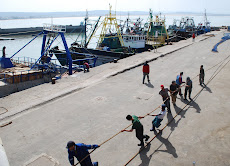

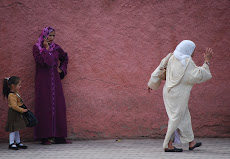

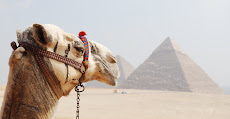






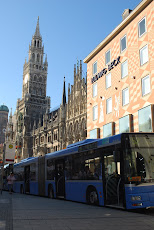
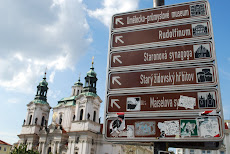
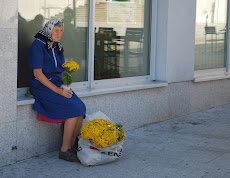
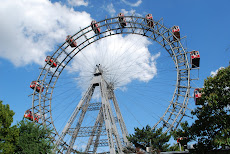

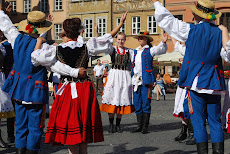
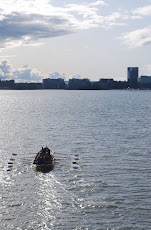


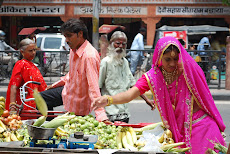
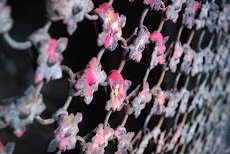
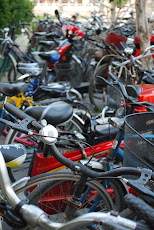


That is awful! It opens your eyes and makes you relize that the U.S is doing something right. I can't believe the men would still beat the children when Jeannie wanted to give thhem food. Casey you make me feel like I was right next to you when this happened. Your gift of writing is by far the best I have ever read. Keep it up!
ReplyDeleteKatie
The best part of this trip and this blog is that you have shared both the absolute best of mankind and the worst with all of us. Your being there made a difference for the cabbie who lost his baby. Unfortunately in my line of work you often see the best intentions are either not percieved as good or not accepted. The fact that you tried makes you the person we all know and love. That the effort did not not succeed gives us all a reason to try a little harder. Love you. Aunt Joy
ReplyDelete